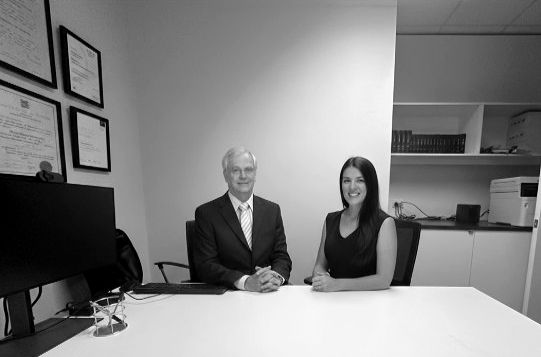Selecting A Financial Adviser Post Global Financial Crisis
- Liz Rae

- Jul 31, 2014
- 4 min read
Updated: Oct 31, 2024
In recent years financial advisers have been under the microscope regarding their actions leading up to and during the global financial crisis (GFC). During the GFC people lost a significant amount of money, share prices plummeted and companies went bankrupt. Individuals who had invested their money on the advice of a financial adviser began to question the appropriateness of the advice they were given and some even sued their adviser for their economic losses. So two questions that come out of this situation are; how much of that loss can be blamed on poor financial advice and what should you look for in an adviser to ensure you receive sound advice?
Excessive personal losses during the GFC were mostly attributable to lack of diversification, lack of liquidity, excessive gearing and adviser conflicts. Investment portfolios that were overweight in small or volatile companies during the GFC had a sharper decline than the S&P/ASX200 price index and the portfolios were also unable to rebound as well as the index since some companies were declared insolvent and therefore unable to regain any value when the share market subsequently stabilised.
As investment values declined during the GFC individuals with margin lending accounts came under pressure to make margin calls and deposit further cash or securities into their account to ensure the account stayed below its debt limit. Individuals who didn’t have surplus cash or other liquid assets to respond to these margin calls were forced to sell assets at low prices and were therefore also unable to benefit from any subsequent price rebound.
Advisers who invested their client’s money inappropriately were largely accountable for excess losses. All investors have a different risk tolerance and thus an asset allocation appropriate to their risk profile. Advisers who invested clients’ funds above their accepted level of risk caused clients to lose above and beyond what they should have.
Some key features to asses when selecting your adviser are; their ownership links, fee structure and the adviser’s areas of specialisation.
Sometimes it is not clear how closely affiliated many financial services providers are. Australia’s big four banks own both dealer groups and platforms. For an adviser to provide financial advice they must either hold their own Australian Financial Services License (AFSL) or be an authorised representative of an AFSL holder. So although you may walk in to a “small” or “boutique” financial advising company which displays no obvious affiliation with one of the big four banks, be sure to check which dealer group they belong to and research the dealer group’s owners to ensure you are aware of the company’s chief influences.
For example, Commonwealth Bank owns Count Financial who have over 600 advisers operating in Australia within financial advising firms under various practice names which you may have thought were independent but are ultimately governed by a large bank. There is nothing wrong with advisers from a large dealer group but individuals should consider their adviser’s affiliations when contemplating recommended investments as these advisers are encouraged to push their parent company’s products. Also remember all of these advisers will have an Approved Product List (APL) which is decided upon by the dealer group.
They can only recommend products for clients from their dealer’s APL.
Advice fees can be structured in a number of ways which can make them difficult to compare. Fees can be charged upfront or on an ongoing basis. Ongoing fees should only be charged if you require an ongoing service and updates from your adviser. This fee can include things like the cost of; regular economic updates, portfolio monitoring, periodic reviews and the option to call your adviser for one-off advice between your reviews. Some clients need an ongoing service more than others. You should consider what services the ongoing fee gives you access to and how often you will require these services. You should be able to refuse an ongoing fee and simply pay an ad-hoc fee if and when you require a service.
Most advisers are able to advise on all aspects of a client’s financial affairs. However if one aspect of your affairs is more complicated or prominent than others you may wish to look for an adviser with greater experience in that area. For example if you own your own business and would like advice on how to structure or fund it you will benefit from an adviser with greater experience with small to medium sized business advice. Also if you would like your adviser to buy and sell investments on your behalf firstly you should find a specialised advising practice which is comfortable doing so and then you should ensure you trust your adviser’s experience in this area.
The good news? The financial crisis helped rid the profession of a lot of the dishonest companies and advisers so whoever you choose is likely to be at least reasonably competent. Ultimately, if after discussing your concerns with your adviser you are not comfortable with the fees or advice you receive do not implement it and seek a second opinion.





Comments